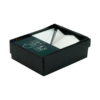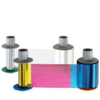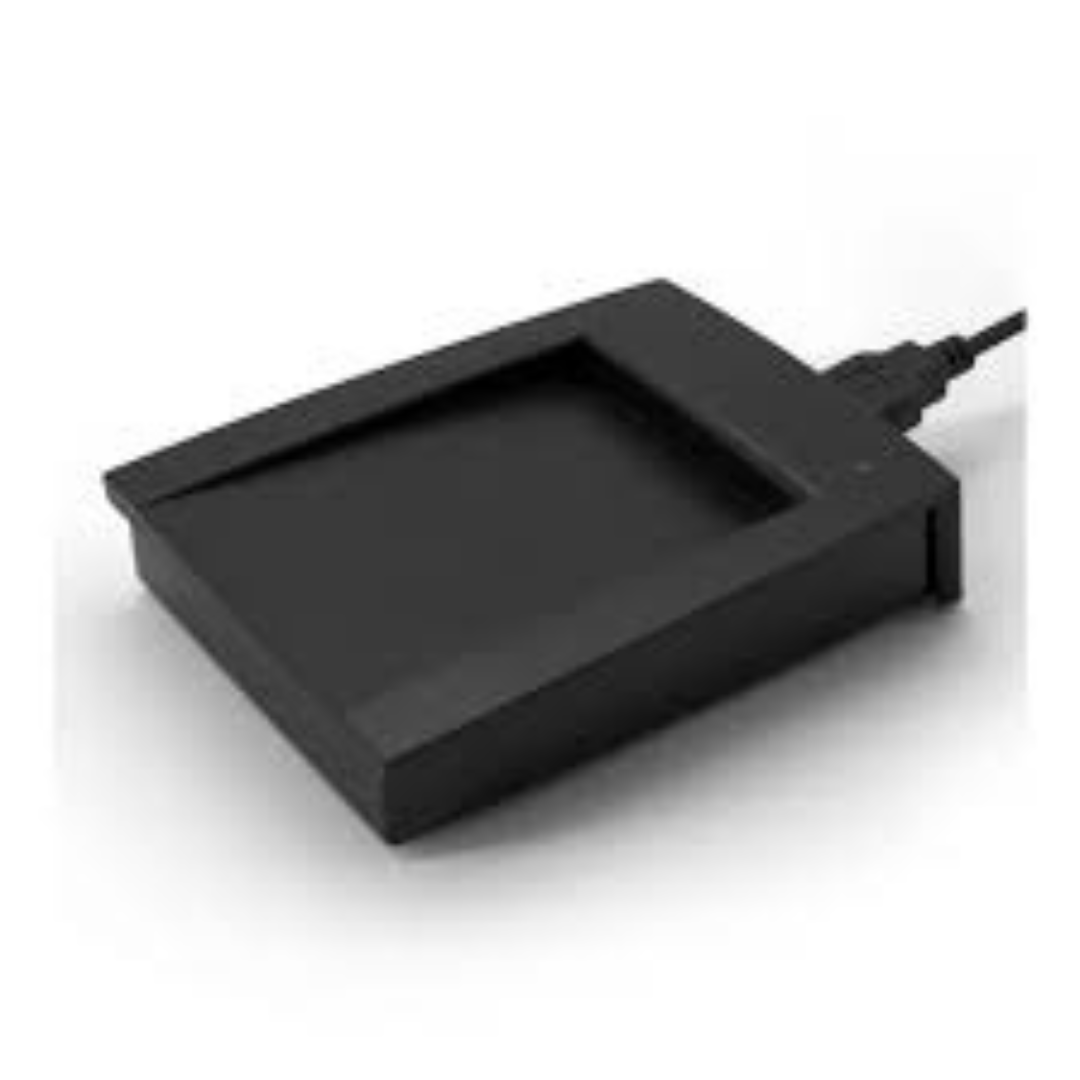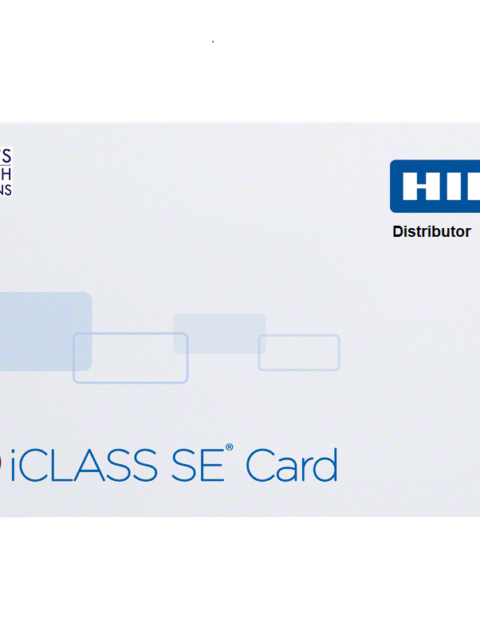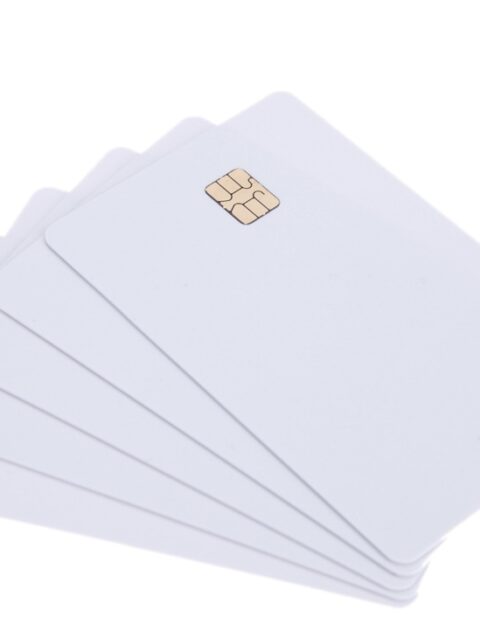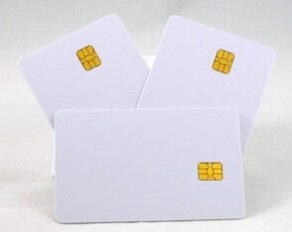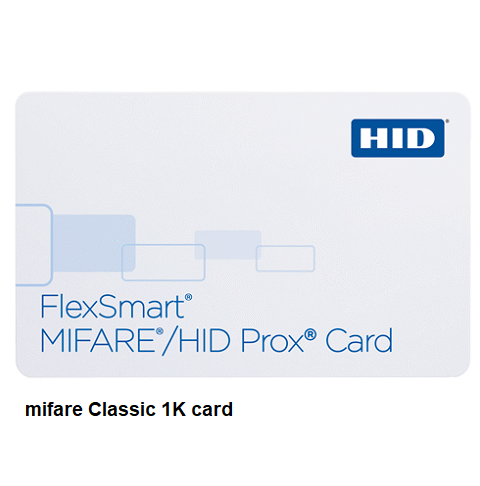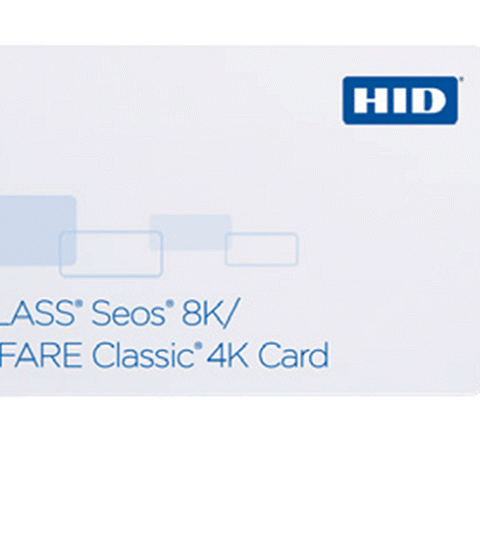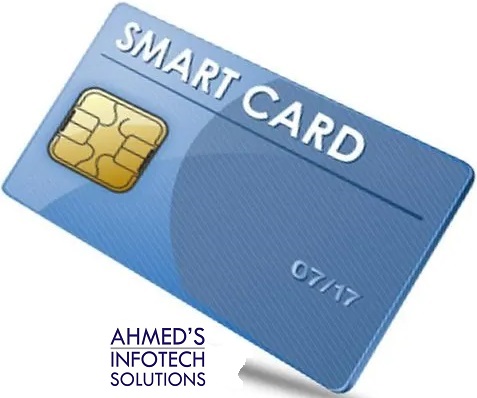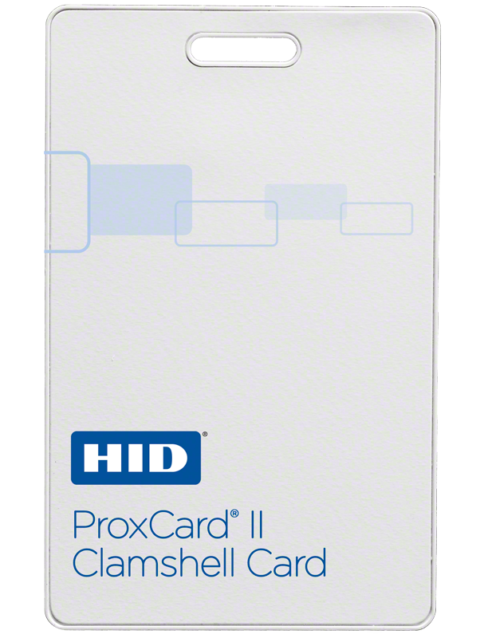Smart Card RFID Reader
Smart Card RFID Reader
- Supports 13.56 MHz (High Frequency – HF) cards
- Compatible with IC cards, proximity cards, smartcards
- Reads serial numbers and encrypted data
- Writes new data to blank cards
- LCD display shows card type, frequency, and data
- USB connection to PC for data transfer and updates
- Supports basic RFID/NFC data encryption
Applications
- Access control systems
- Public transportation cards
- Security auditing
- Personal card backups
A Smart Card RFID Reader is a device that interacts with smart cards using RFID (Radio-Frequency Identification) technology. It can communicate wirelessly with an embedded microchip within a smart card to read and/or write data.
It is important to distinguish this from simpler “Prox card readers.” While a Prox reader also uses RFID (specifically 125 kHz) and is contactless, a smart card RFID reader is designed for the more advanced, secure, and multi-functional capabilities of smart cards (which typically operate at 13.56 MHz, adhering to standards like ISO 14443 and NFC).
-
For detail and buy +92-309-786-2487
How a Smart Card RFID Reader Works:
- Radio Frequency Communication: The reader emits a radio frequency field. When a compatible smart card enters this field (typically within a few centimeters), the card’s antenna harnesses this energy to power its embedded microchip.
- Data Exchange: Once powered, the smart card and reader engage in a secure, two-way communication. Unlike simple Prox cards that only broadcast a fixed ID, smart cards can:
- Perform Mutual Authentication: Both the card and the reader cryptographically verify each other’s authenticity using strong encryption (e.g., AES). This prevents unauthorized readers from accessing card data and protects against card cloning.
Encrypt Data: All data exchanged between the card and reader is encrypted, ensuring confidentiality and integrity. - Process Information: The smart card’s embedded microprocessor can execute commands, perform calculations, and manage its own memory securely.
- Read/Write Data: Data can be securely read from and written to the card is memory, allowing for dynamic applications (e.g., updating loyalty points, deducting a payment balance).
- Perform Mutual Authentication: Both the card and the reader cryptographically verify each other’s authenticity using strong encryption (e.g., AES). This prevents unauthorized readers from accessing card data and protects against card cloning.
- Integration with Backend Systems: The reader sends the processed data to an access control system, payment terminal, or other backend application for verification and action.
Key Features of Smart Card RFID Readers:
- Operating Frequencies: Primarily operate at 13.56 MHz (High Frequency – HF), which is the standard for most smart cards (MIFARE, iCLASS, DESFire, Seos) and NFC. Some readers are dual-frequency, supporting both 125 kHz (for legacy Prox cards) and 13.56 MHz for migration purposes.
- Security: This is a major differentiator. They support advanced encryption algorithms (like AES) and mutual authentication protocols, making them highly secure against skimming, cloning, and unauthorized access.
- Standards Compliance: Adhere to international standards like ISO/IEC 14443 Type A/B (for smart cards), ISO/IEC 18092 (NFC), and often EMVCo (for payment applications).
- Memory and Processing: Able to read from and write to smart cards that possess different memory capacities and on-card processing functionalities.
- Connectivity: Typically connect to computers or networks via USB, Ethernet, or serial ports
- Form Factors: Available in various forms:
- Desktop Readers: For logical access (computer login), card enrollment, or POS applications.
- Wall-Mounted Readers: For physical access control (doors, turnstiles)
- Integrated Readers: Built into kiosks, payment terminals, or ID card printers (like the FARGO HDP5000 with an encoding module)
- Handheld Readers: For mobile applications like inventory or asset tracking.
Common Applications of Smart Card RFID Readers
- Secure Access Control:
- Physical Access: Used on doors, gates, and turnstiles for employee ID badges, student cards, and visitor management in corporate offices, universities, and government buildings.
- Logical Access: For secure computer login, VPN access, and single sign-on (SSO) using smart cards that hold digital certificates.
- Public Transportation Systems: Used for contactless fare collection (e.g., Metro bus cards, potential future transit cards) where secure and fast transactions are crucial.
- Cashless Payment Systems: In cafeterias, vending machines, and loyalty programs, where smart cards store value or points
- Identity Verification: Used in e-government services, healthcare, and national ID programs where strong authentication and data integrity are required
- Time and Attendance: For secure and auditable clock-in/out systems
- Secure Printing: Authenticating users at network printers to release print jobs

